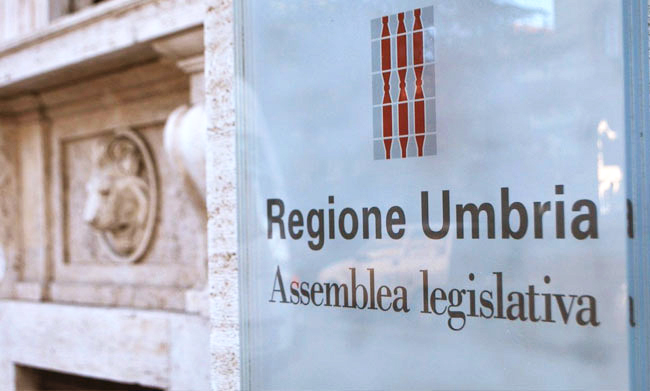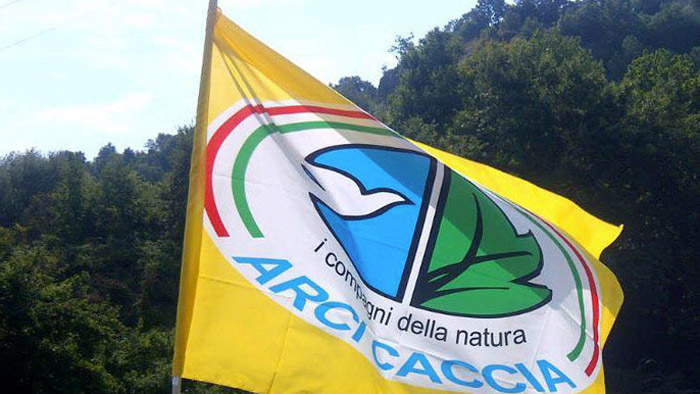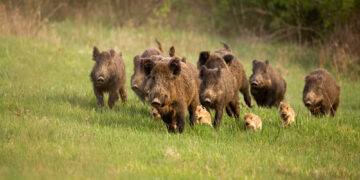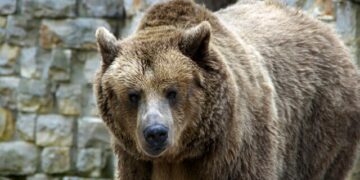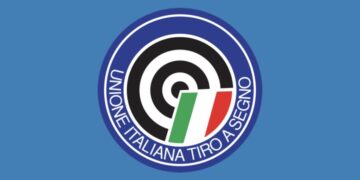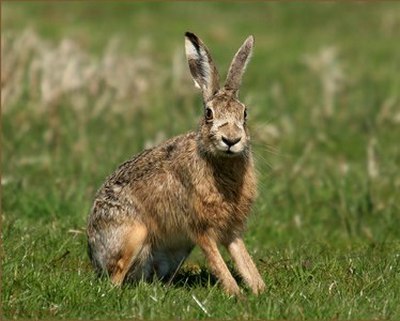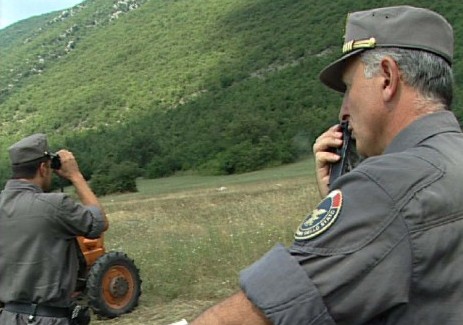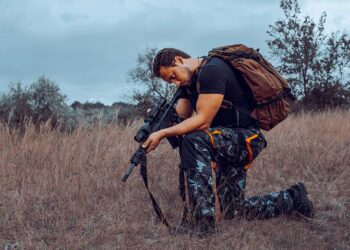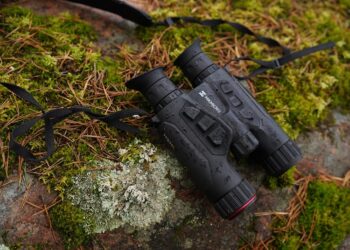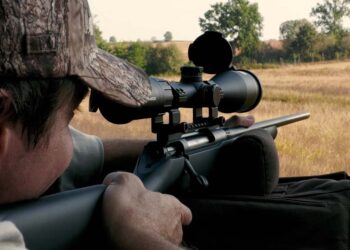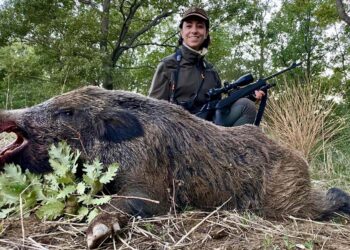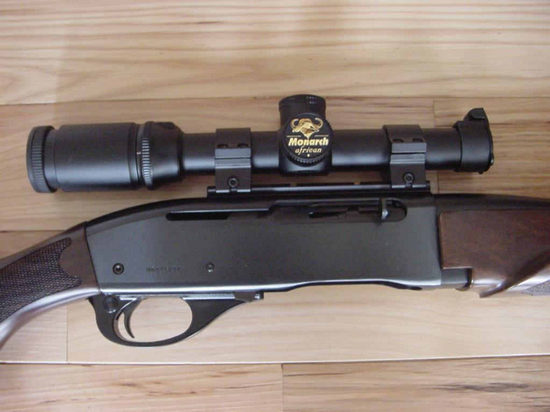
If you open any environmental photography magazine or a well-known magazine, such as National Geographic, you will find that most of the magnificent photographs you can admire were taken with a Nikon camera. On the other hand, "Nikon", in recent decades, has always been an absolute leader in the field of professional and amateur photography, opposed by Canon, its eternal rival, at least in the field of photographic hunting and landscape photography. The Nikon therefore had become somewhat synonymous with photographic hunting, with the shot that immortalizes the lost landscape, the flower that has now disappeared, the waterfall that a modern dam will make disappear, a symbol closely linked to nature and a clear signal of its involvement. in its conservation.
Now the large Japanese company is forced to undergo a wave of violent controversy, since it has put optical sights on the market, designed for the rifles of those who practice big game in Africa or America. The aiming device that adapts to rifles used to kill large prey is called "Monarch African". In the catalog where the device appears, Nikon's marketing writes that "it is perfect for anyone looking for a dangerous adventure in the dark continent."
In the same catalog, Nikon describes herself as someone who is "at the center of nature". Alongside the photograph of two polar bears he says: "Nature is full of wonderful moments that must be captured before they disappear forever". The phrase is deliberately ambiguous for some, such as Stefano Unterthiner, winner of the Wildlife Photographer of the Year in 2008 (world competition for nature photography), who harshly criticizes this combination of Nikon and hunting. “I have used a Nikon since I was a kid - Stefano writes - fascinated by nature and wild life. I've always believed Nikon to be a company close to nature, but I was wrong. Supporting big game hunting and its trophies is a bad message for those who love to photograph nature that needs respect and not rifles that shoot large prey ".
“The Independent”, one of the most prestigious British newspapers, sent Nikon's British press office some questions on the subject, but the company took refuge behind a “no comment” which was very unwelcome by the “Nikonists”. In the US, Nikon tries to defend itself by claiming that it has produced optical sights for rifles that hunt harmful predators such as coyotes or common wild turkeys, but in reality its telescopes for hunting weapons end up in Africa where the big game business reigns. South Africa earns $ 100 million a year from hunters (designated as "ecotourists") who cause the deaths of 54 animals.
Over the past 30 years, lion hunters have halved the population. There were 160.000 rhinos in 1970. Today they are 10.000 due to hunting. Joe Duckworth, president of the League Against Cruel Sports wrote "the big hunt slaughters tens of thousands of animals, many of which are endangered."
If the "Nikonists" grumble or get angry heavily with their parent company, the "canonists" smile. In the most prestigious magazines, Canon marketing sends this message: “As you can see, we help build a better world. Increasing investment in endangered species is one of the ways Canon is moving ”. To the good connoisseur ...
3 April 2013
Source: IlGiornale




